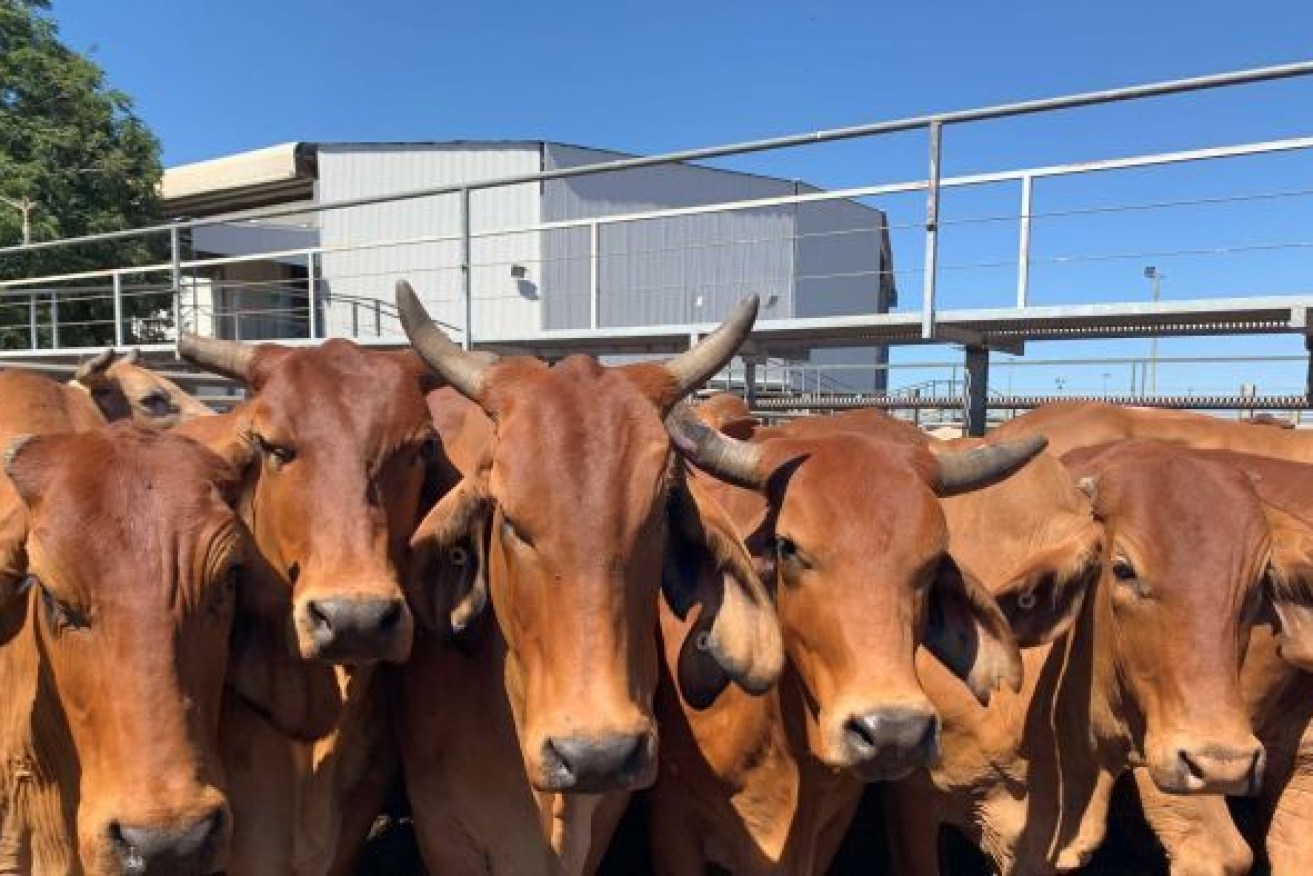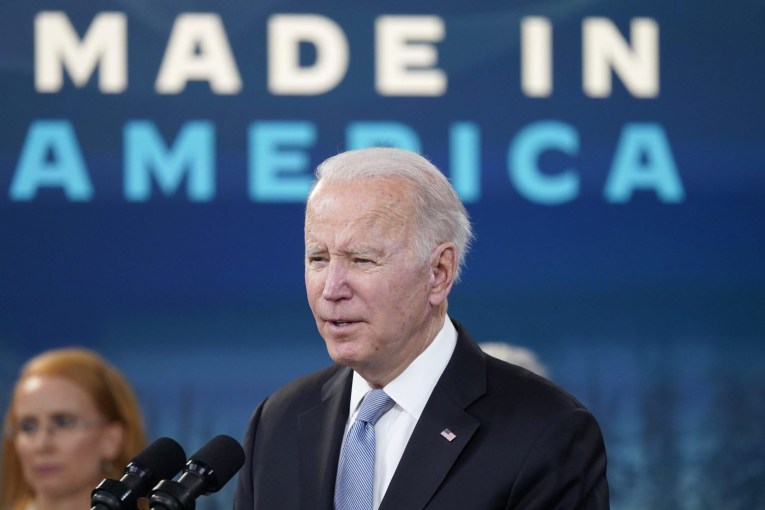Northern exposure: Biosecurity staff exodus raises cattle concerns
A national horse and cattle event has only heightened the risk of a major livestock pest and disease outbreak in north-west Queensland as the beef town of Cloncurry remains on tenterhooks without a biosecurity officer.


A pen of Red Brahman cattle at a saleyard in the state's northwest. Photo: ABC
The Australian Campdrafting Association held its national finals in Cloncurry last week amid growing concerns the State Government has no plans to replace biosecurity staff who have left, and reopen the office that is currently closed to the public.
The staffing crisis meant there was no local biosecurity team to coordinate cross border permits, conduct tick inspections or ensure surveillance and control programs were in place while hundreds of horses and cattle from across Australia descended on the town for the four-day sporting event.
Cloncurry is regarded as a key service centre to some of Australia’s biggest and highest-value cattle businesses, who continue to remain intensely vigilant in the face of growing disease threats, such as foot and mouth and lumpy-skin entering the country from Indonesia.
Local State MP and Katter’s Australian Party Leader Robbie Katter said the region was without a major line of defence in the event of a biosecurity breach, which when combined with the campdrafting event, was courting a “potential disaster”.
“The closest biosecurity officers are now located in Longreach and the Hughenden/Charters Towers region, where there is only one in each location,” Katter said.
“The chronic haemorrhaging of officers in the regions, and the intellectual property and professional expertise many of them hold, is inexcusable.
“There must be a dogged commitment to replace them at all costs.”
Katter said the Department of Agriculture and Fisheries announced last year it had recruited 10 new biosecurity officers to be based in rural and regional Queensland.
He said none of the new positions had been posted to the west, and only half were based in north Queensland despite the region being highly vulnerable to the threat of animal disease spread from south-east Asia.
The new officers, he said, were posted to Toowoomba, Mareeba, Cairns, Moresby, Townsville, Bundaberg, Dalby, Charleville and Gatton.
Katter said Agriculture Minister Mark Furner conceded last year that the service endured a significant decline in the number of biosecurity officers posted in the regions during the last decade.
“In 2013 Biosecurity Queensland boasted 240 full-time staff based outside of the south-east corner but by 2022, that number has dropped to 199,” Katter said.
Katter said the decline of 30 staff had been inadequately addressed by last year’s intake of 10 officers and that large vacancies across regional Queensland were inexcusable.
InQueensland asked DAF for a full response to Katter’s claims.
A spokesperson said the Cloncurry office remained an important service hub for the state’s northwest and that its office in the town had not closed.
“Signage on the door of the Cloncurry office relates to the temporary unavailability of reception staff due to a recent resignation,” the spokesperson said.
“The department has responded quickly to ensure our clients maintain access to the expertise they rely on from DAF.
“While staff availability will ebb and flow depending on circumstances, the Cloncurry office continues to offer extension and advisory services to the region’s dominant extensive grazing sector.”
Katter said he would advocate for “innovative approaches” to resolve the staff shortages, such as funding a flying veterinary/biosecurity control service, funding laboratory equipment to be deployed across the state, and funding for local councils to build veterinary facilities for services and staging areas for emerging animal diseases.









